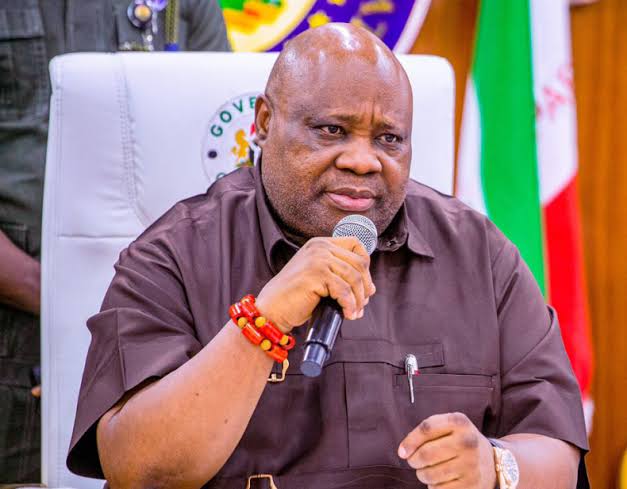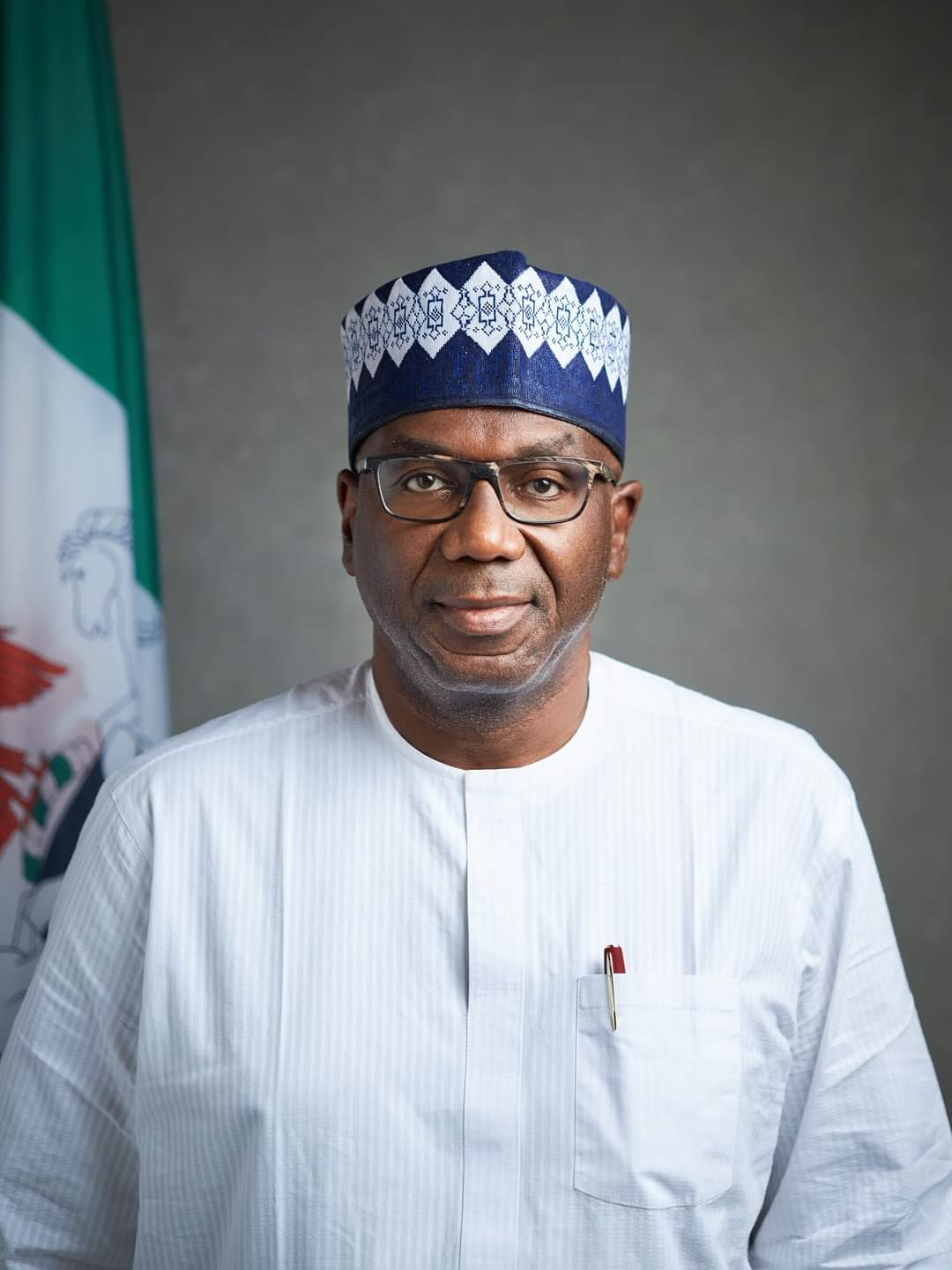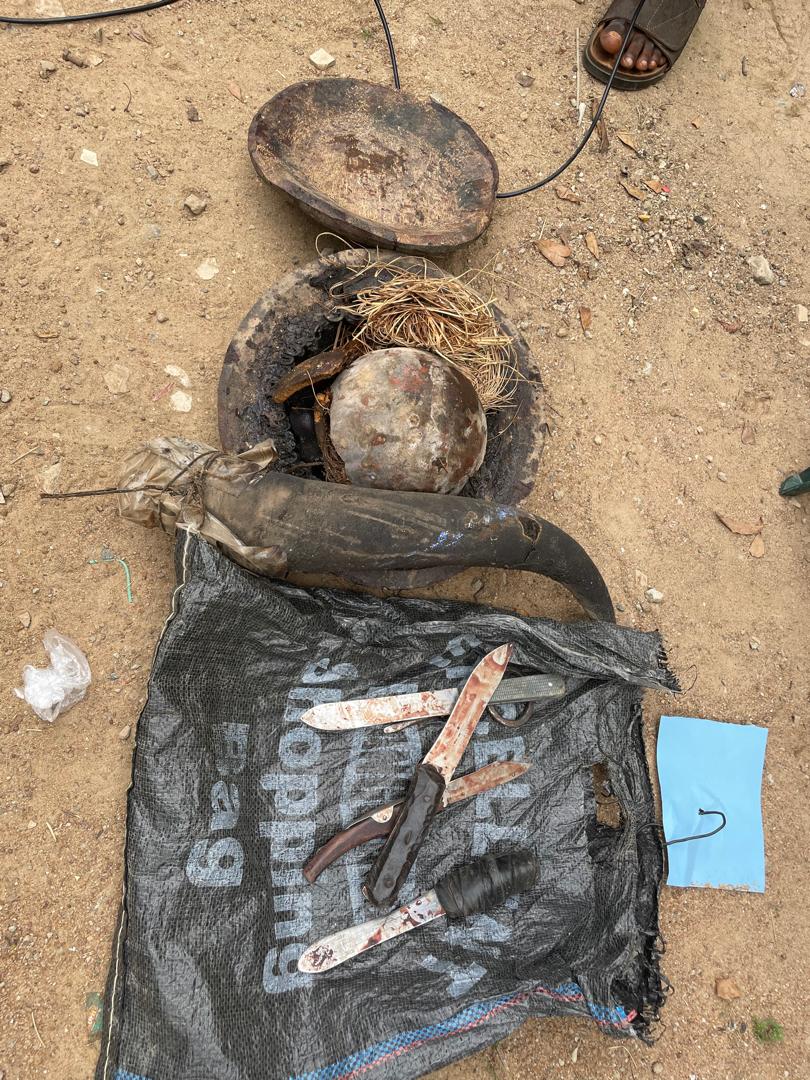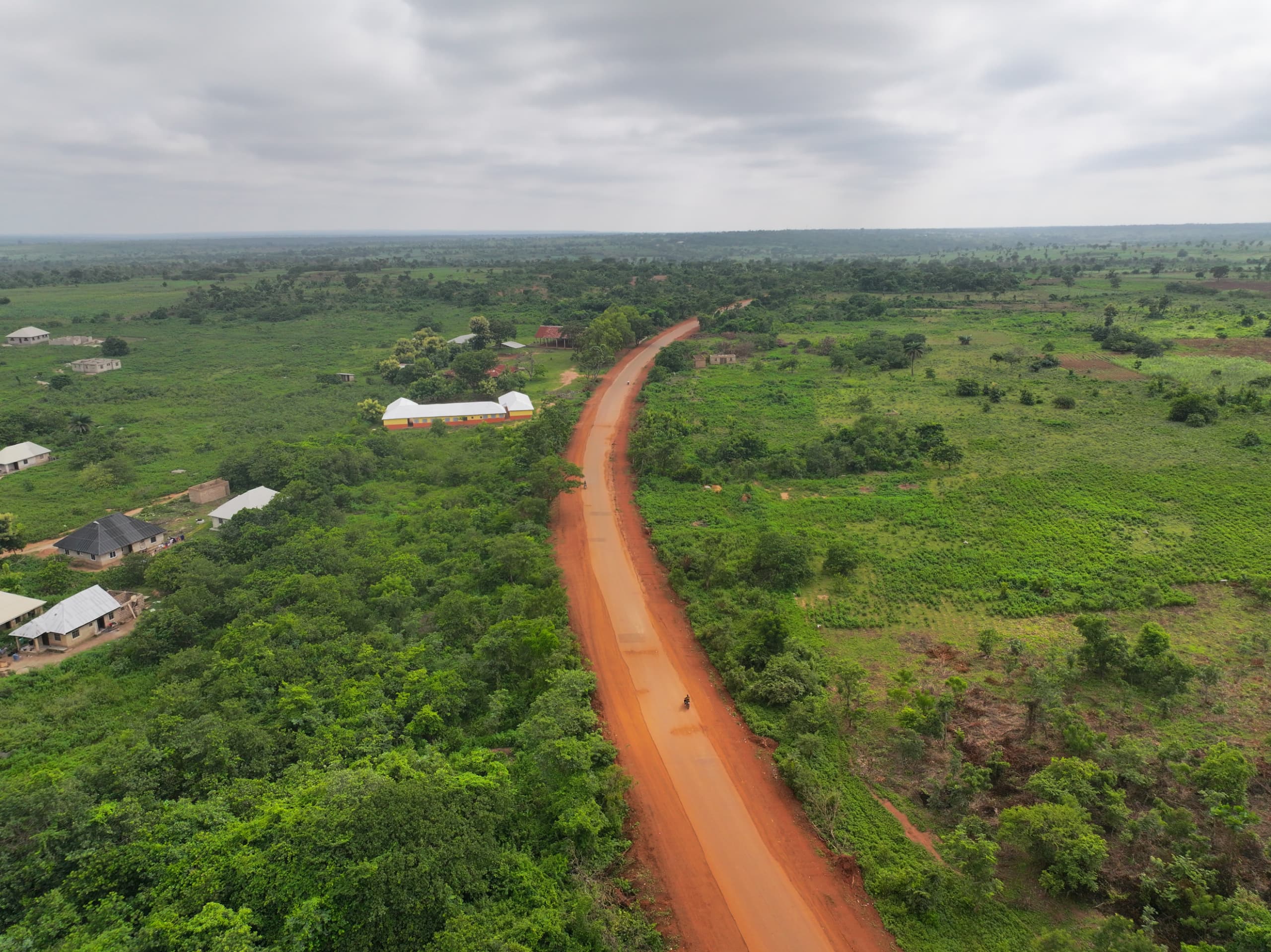President Muhammadu Buhari on Tuesday, November 7, presented a budget estimate of N8.612 Trillion for the 2018 fiscal year to a joint session of the National Assembly.
The proposal which was christened budget of Consolidation has a crude oil benchmark of US$45 per barrel, oil production estimate of 2.3 million barrels per day, exchange rate – N305/US$, targets GDP growth of 3.5 percent and hopes to manage Inflation rate at 12.4 percent.
The Budget proposal which is only 16 % higher than 2017 fiscal year, set aside an aggregate of N3.494trillion for recurrent costs, debt service N2.014trillion and N2.428trillion was earmarked for capital expenditure.
It is worthy of note that on September 4, The Nigerian Bureau Statistics declared that Nigeria was now out of recession, the bureau noted that the nation’s Gross Domestic Product (GDP) grew by 0.55% (year-on-year) in real terms, indicating the emergence of the economy from recession after five consecutive quarters of contraction since Q1 2016.
However, it is worthy of special mention that coming out of a recession is not the same as the economy making a recovery. Nigeria is very far from recovering from the loss of the eighteen months of recession with a fragile GDP at 0.55 percent.
For the country to recover from the notorious effect of the 18 months of recession it is expected to drive growth by spending a stupendous amount of money on assets that stimulate the economy that will result in a trickle-down effect viz rail, power, housing, roads etcetera.
Since it is only common knowledge that a country that intends to drive growth must at the very least improve its budget outlook by a decent 30-40% progression. It, however, implies that for Nigeria’s 2018 budget, to have a real economic impact, Nigeria’s estimate should be standing at N12-14trillion.
The supposed budget of consolidation is not only inadequate, it’s total estimate also fails to conform with standard best practices of budgeting around the world.
South Africa’s 2017 budget estimate stands at $115billion, Algeria’s 2017 budget aggregate stands at $63billion, Angola’s 2017 budget estimate stands at $44billion, Nigeria’s 2017 budget totalled $23billion and it’s proposed 2018 budget is only $27billion. What an inadequacy!
In per capita terms, in the current fiscal year South Africa is budget $1900 per citizen, Algeria budget $1600per citizen, Angola budget $1500per, citizen, Ghana budget $518per citizen, while Nigeria only budget $111per citizen in 2017 and it is budgeting $130per citizen in the 2018 budget proposal.
A simple arithmetic division if $111 by 365 days is enough thesis why 112 million Nigerian’s are living below poverty line.
It is not only obvious that Buhari’s budget is not audacious and courageous enough, it also lacks the capacity to decisively deal with the challenges of widespread poverty, increasing opportunity gap and income inequality.
Buhari’s plan to consolidate on an economy that is yet to recover from the recession is not only a misnomer, it also goes to show Buhari as a man that is scant on Economic common sense!
Nigeria’s annual budget has only become a routine that has continued to lack the hard work and deep thinking that should accompany such process. Nigeria’s budget of consolidation is only a myth than it is a reality!
Seun Awogbenle is a social critic, writer, broadcaster and policy and sport analyst.
Reach him on : +234 806 437 3049







